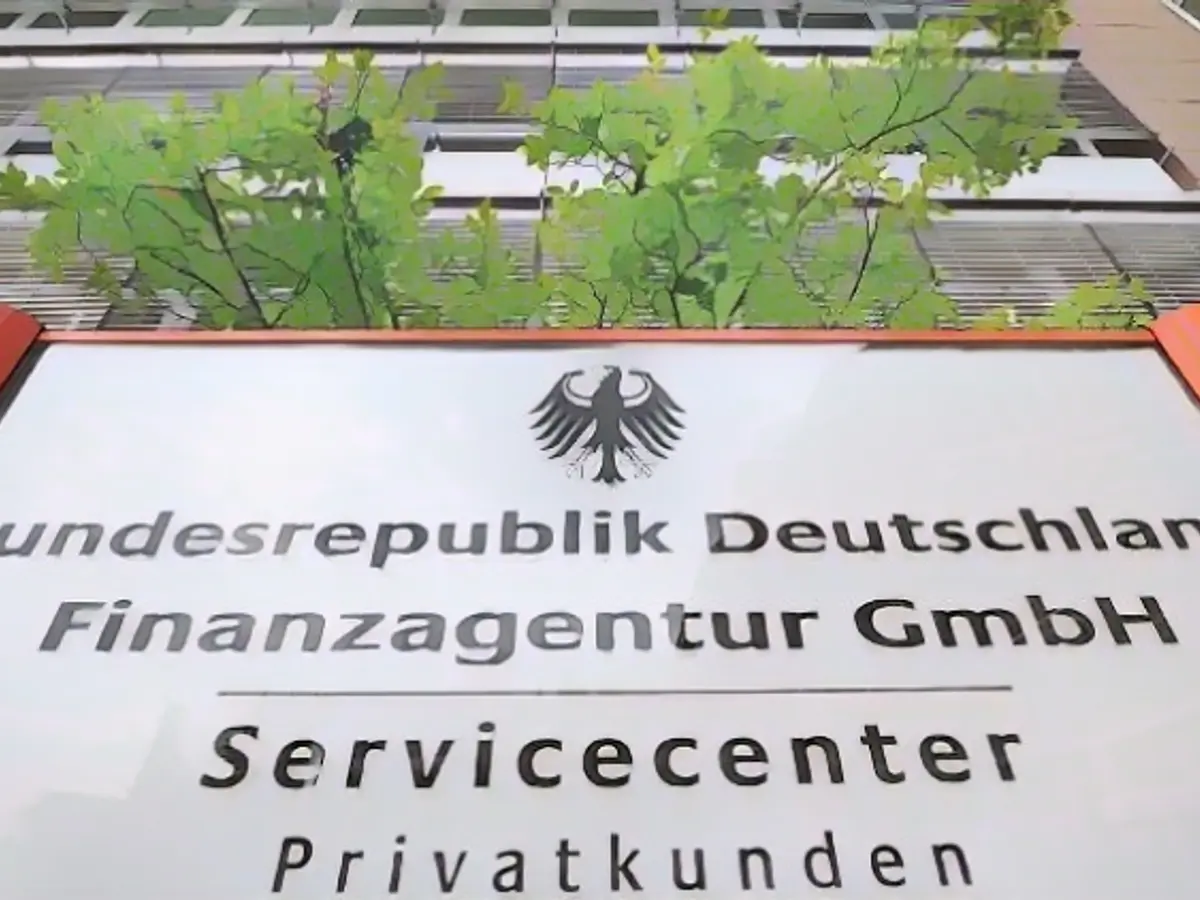German government no longer links bonds to inflation rate
The federal government is abandoning the practice of linking government bonds to inflation. What saved a lot of money in the phase of low interest rates proved to be an extremely expensive practice in recent months. Now the federal government is changing its strategy.
Germany is surprisingly withdrawing from the market for inflation-linked bonds, which has been built up since 2006. From next year onwards, no further inflation-linked federal securities are to be issued, as announced by the Finance Agency, which is responsible for the federal government's debt management. Nor will securities already issued be topped up.
"The currently outstanding inflation-indexed Federal securities will continue to be tradable on the market," it said at the same time. The remaining program comprises four securities with a total volume of 66.25 billion euros and remaining terms of between around 2.5 and 22.5 years. Around 3.5 percent of the outstanding German government securities are linked to inflation.
With the so-called linker, the interest payment is based on the inflation rate. This means that the issuer - in this case the state - assumes the inflation risk that would otherwise lie with the investor. LBBW analyst Jens-Oliver Niklasch assumes "that linkers are no longer attractive for issuers in times of high and volatile inflation". "Inflation-indexed bonds always represent a risk for the federal budget - so ending such issues is certainly the right thing to do to reduce risk," said NordLB expert Bernd Krampen.
High inflation drives interest payments
Instead, the federal government now wants to focus more on conventional and so-called green bonds, which serve to finance environmentally friendly expenditure. "In order to further strengthen its advantageous position in the future, the federal government wants to use these instruments to cover its financing requirements in the coming years in the interest of the liquidity of the conventional and green bond programs," said Finance Agency Managing Director Tammo Diemer.
In the event of low inflation or deflation, the yields are lower than for normal bonds. Germany first issued such a bond in March 2006. In 2012, the then head of the Finance Agency, Carl Heinz Daube, said: "We have assured the market that we will issue regularly. We will continue to do so in order to be a reliable partner in the expansion of this market segment." However, the recent high inflation and rising market interest rates have driven up the federal government's interest costs.
"A steep wall"
In June 2022, Finance Minister Christian Lindner spoke in this context of "a steep wall that is opening up in front of us" and also explicitly blamed the issue of inflation-hedged government bonds by previous governments for this. "We used to earn money with this, now we are paying billions for it," he said.
According to a document from the budget committee last November, an additional 2.2 billion euros were set aside for a fund from which inflation-linked federal bonds were repaid as a result of high inflation.
This year, the federal government is borrowing a record sum of around half a trillion euros on the financial market. The money will be used to plug the expected deficit in the budget in addition to the expenses for the energy crisis. In addition, the federal government will have to repay securities worth more than 300 billion euros to investors this year. This will require refinancing.
- In response to the high inflation causing increased interest payments, the Federal Ministry of Finance, led by Christian Lindner, has decided to shift focus from inflation-linked bonds to conventional and green bonds.
- The change in budget policy by the German government, as announced by the Finance Agency, includes abandoning the practice of issuing new inflation-linked government bonds, starting from next year.
- Christian Lindner, the Finance Minister, admitted in June 2022 that the previous government's issuance of inflation-hedged government bonds is now costing the federal budget billions due to the current high inflation rates.
Source: www.ntv.de








